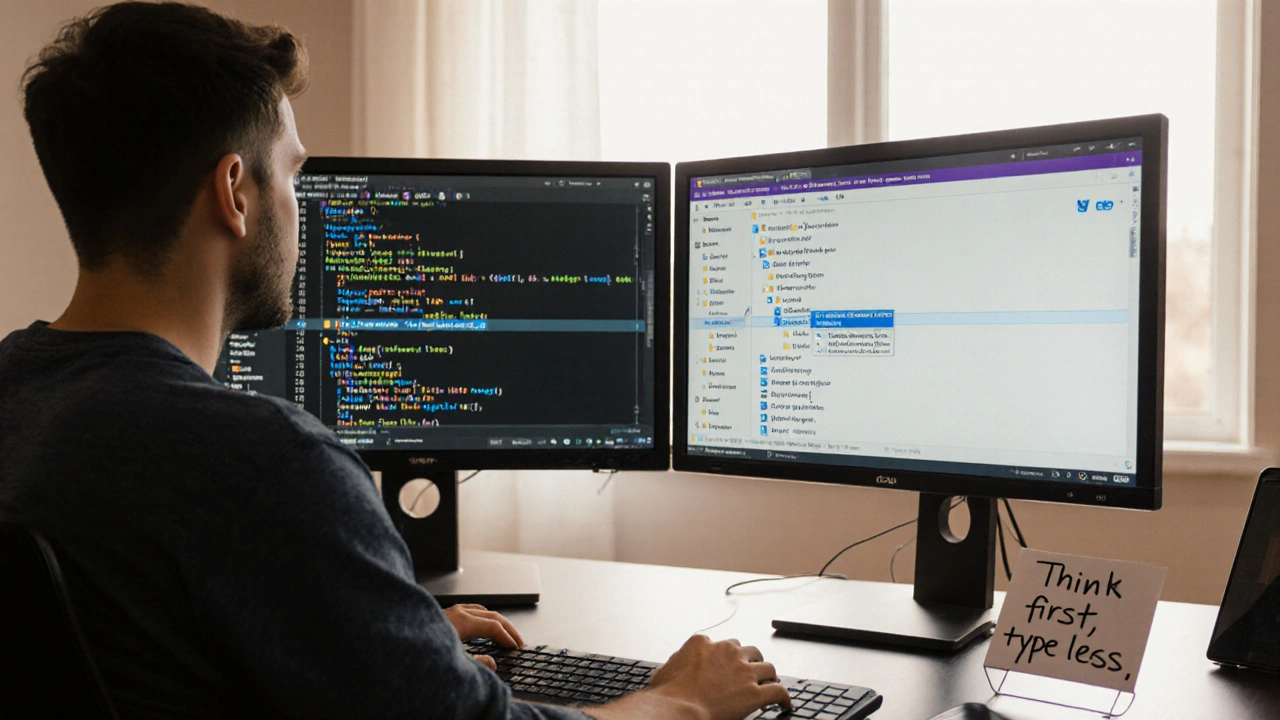Coding Efficiency: Quick Wins You Can Use Today
Want to spend less time fighting code and more time building? Coding efficiency isn't about rushing—it's about doing the right small things that add up. Below are practical habits and tools you can adopt now to write cleaner code, find bugs faster, and ship more reliably.
Setup and habits that save hours
Fix your environment once. Set up a consistent editor configuration with themes, font size, and keybindings you actually use. Install a few must-have extensions: a formatter (Prettier/Black), a linter (ESLint/Flake8), and a snippet manager. Those three stop pointless formatting debates and turn repetitive typing into a few keystrokes.
Use templates and snippets for common patterns—API endpoints, tests, or class boilerplate. You’ll avoid copy-paste errors and keep style consistent. Also, automate builds and tests locally so you can run quick checks before pushing code.
Workflows and tools that speed you up
Learn keyboard shortcuts for your editor and terminal. It sounds small, but shaving seconds off dozens of actions per day adds up to real time saved. Combine shortcuts with terminal multiplexers or a quick-access launcher for scripts you run often.
Use linters and static analysis early in the workflow. They catch tiny mistakes before they become bugs. Add pre-commit hooks so issues are flagged before code gets to the repo. Invest five minutes in CI that runs tests automatically on every push—catching problems early is cheaper than fixing them later.
Debug smarter, not harder. Reproduce bugs with a minimal test case, add targeted logs, and use a debugger to step through the code. If a bug is hard to replicate, write a test that reproduces it; now you have a guard against regressions.
Prefer small, focused functions and clear names. Tiny functions are easier to test and reason about. When code reads like a story, you spend less time tracing intent. Resist deep nesting and huge classes—split responsibilities and use descriptive names that explain purpose, not implementation.
Measure before optimizing. Use profiling tools when performance matters. Don’t rewrite code based on hunches; find hotspots with a profiler or timing logs, then optimize the slow parts. Often caching a query or changing an algorithm saves far more time than micro-optimizations.
Make testing part of everyday work. Fast unit tests and a handful of integration tests give you confidence to refactor. Run tests frequently and keep test suites lean so they stay fast. Use test-driven habits for tricky logic—writing the test first forces clarity.
Use reusable libraries and avoid reinventing the wheel. Pick well-maintained packages and limit custom code to the unique parts of your project. When you do write new utilities, document usage with one-line examples to help teammates reuse them correctly.
Finally, block focused time and protect it. Short, distraction-free sessions (25–90 minutes depending on you) let you finish deeper work. Pair this with code reviews that focus on learning and clarity, not nitpicking—reviews catch issues early and spread good habits across the team.
Apply one or two changes this week: a formatter, one useful snippet, or a pre-commit hook. Those small moves compound fast and make coding less painful and more productive.









